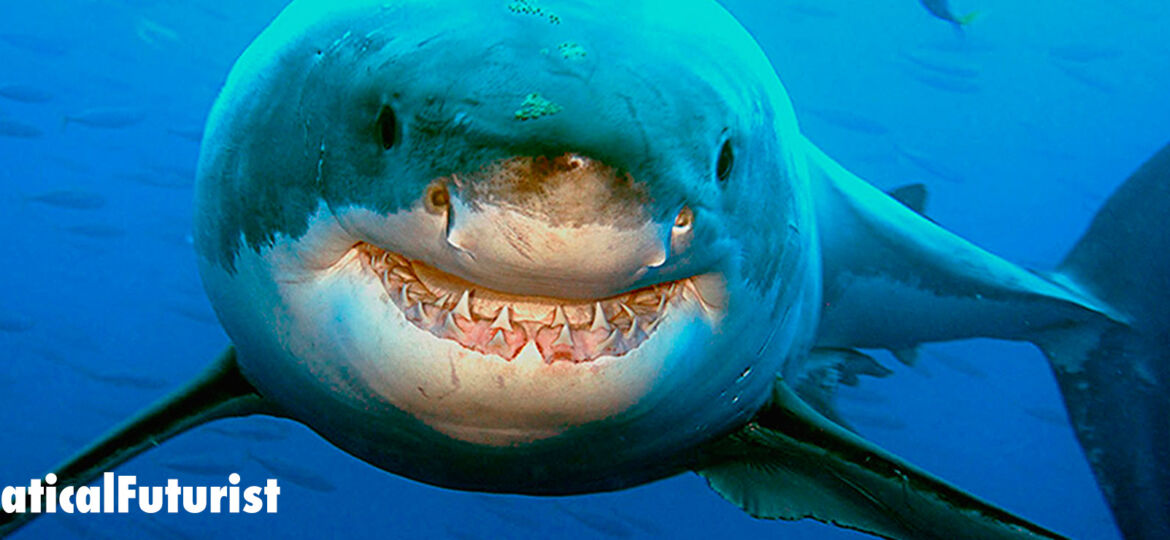
WHY THIS MATTERS IN BRIEF
- Sharks get a bad rap and it’s in part because they eat people, not many and it’s statistically insignificant, but nevertheless people don’t like being eaten, now though an AI might finally put a stop to them snacking between meals
Artificial Intelligence (AI) and blockchain are already helping to protect animals around the world, whether it’s underwater robots zapping salmon with lasers, creating a Facebook for whales, or protecting the fish in the Pacific, but now a research team in Australia have developed an algorithm capable of using video footage streamed from drones to detect sharks and alert swimmers, and they’ve dubbed it, naturally, “Shark Spotter.”
According to Dr. Nabin Sharma, a research associate at the University of Technology Sydney (UTS), the new algorithm is 90 percent accurate in distinguishing sharks from dolphins, rays, whales, and other marine life. Those numbers are significant when compared to an 18 percent accuracy of human spotters using their naked eye in helicopters, or the 12 percent rate for humans in fixed-wing aircraft.
The Shark Spotter tech launched 12 months ago by the Australia based Westpac Group, a bank that sponsors search and rescue drones. Westpac commissioned the researchers at UTS to develop the algorithm and integrate it with the company’s existing Little Ripper Lifesaver drones. Over the course of the year, UTS staff flew drones over coastal waters and captured roughly 8,000 images. The team then created the algorithm using a deep learning platform.
“The system efficiently distinguishes and identifies sharks from other targets by processing video feeds that are dynamic as well as images where objects are static,” said UTS Prof. Michael Blumenstein.
Using the new technology drones will be able to hover over sharks when they see them and send alerts to nearby lifeguards and emergency services, they’ll also alert any swimmers below using an on board megaphone.
Ben Trollope, the operations manager for Westpac Little Ripper, said there are currently 35 drones in the fleet which range in flight capacity from 15 minutes to four hours and it costs a government or private institution about $40,000 to buy the drone, pay for training for four people, and cover ongoing maintenance.
The Little Ripper Lifesavers are expected to be equipped with the Shark Spotter technology this summer and it’s hoped that they’ll save both human lives, and the lives of sharks, who are normally captured and culled if they decide to take a bite out of someone.
















